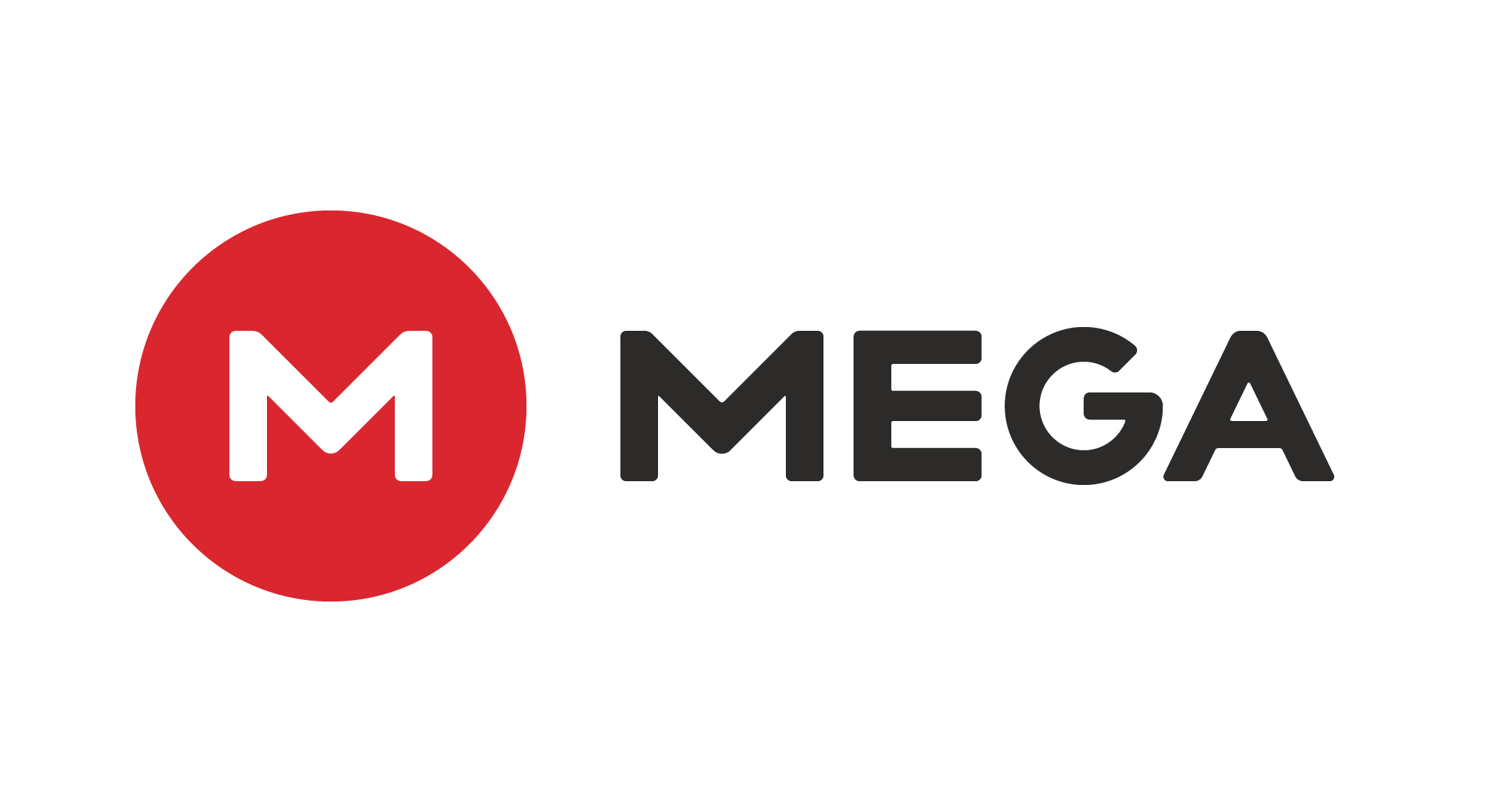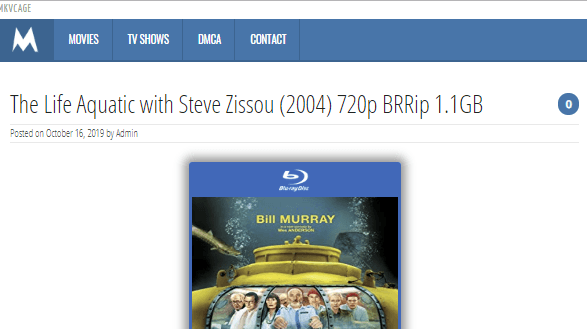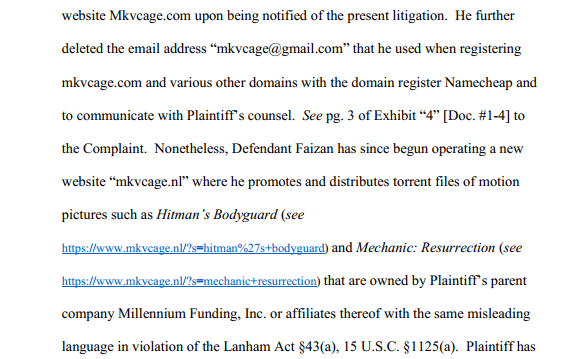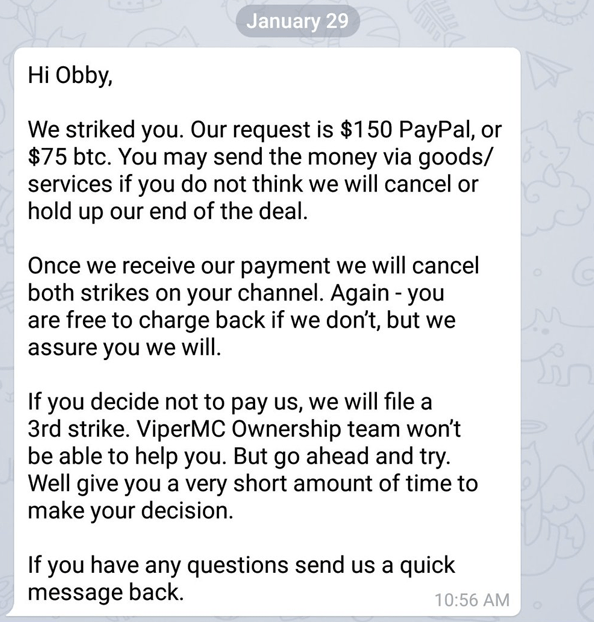Mega Overturns Brazilian ISP Copyright Block
vendredi 18 octobre 2019 à 10:49
The inevitable situation facing any site that hosts user-uploaded files is that some users will attempt to store copyright-infringing content.
The bigger the site, the bigger the problem, as YouTube’s copyright department knows only too well. But while few rightsholders would attempt to take on YouTube by filing for an ISP blocking order, plenty of other sites are considered fair game, Mega for example.
After a standing start in 2013, Mega is now a major player in the file-hosting market. Due to its early connections with Kim Dotcom, the site was under huge scrutiny from the very beginning and as such, has always insisted that it is fully compliant when it comes to copyright issues.
Nevertheless, earlier this month it was discovered that users in Brazil could no longer access the service. ISPs in the country had begun blocking the site following a copyright complaint initiated by the Brazilian Association of Subscription Television (ABTA).
Following a September decision, the São Paulo Court of Justice ordered four Internet service providers – Claro Brasil, Vivo-Telefonica, Oi and Algar Telecom – to prevent their subscribers from accessing several domains on copyright grounds, Mega.nz included.
“With respect to the block in Brazil, we respectfully believe that the order is wrong and that the Court has been misled. MEGA has excellent compliance. We are working on a solution,” the company told its customers.
The nature of that solution wasn’t specified at the time but Mega Executive Chairman Stephen Hall says that the company mounted a legal challenge to a process that had actually begun months earlier and didn’t initially include Mega.
“The case started in January 2019 with various sites but not Mega,” Hall informs TorrentFreak.
“The case has been held in secret, apparently because the ABTA submitted that various sites included could change settings in order to evade the block.”
Hall says that Mega was added to the case in September 2019 based on the allegation that a single URL on the site led to infringing content. However, that URL had never been reported to the company as posing a problem.
“We submitted to the Appeal Court details of our rigorous compliance activity such as fast response to copyright takedown requests, suspension of accounts with repeat allegations of copyright infringement etc, as reported in our Transparency Report,” Hall says.
Mega’s Executive Chairman notes that Brazilian law only allows courts to suspend access to a service if it fails to respond to legal requests so Mega eventually came out on top.
“The Appeal Court ordered the block of Mega.nz to be reversed. I believe the lower Court will now reconsider its inclusion of Mega. We are confident that access won’t be blocked again,” Hall concludes.
Reports posted by Mega users to Twitter suggest that at least some previously-blocked users are now able to access the site once again but the company is urging that any still experiencing difficulties should contact their providers.
“Contact your ISP if you still cannot access https://mega.nz,” the company says.
According to SimilarWeb stats, there are more visitors to Mega from Brazil than any other country, together making up almost 10% of Mega’s traffic and making it the country’s 108th most popular site.
A report by Mega in January revealed the massive scale of its global operations since its launch six years ago.
“To date, more than 130 million registered MEGA users have uploaded over 53 billion files, utilizing the user-controlled end-to-end encryption we provide,” the company said.
Source: TF, for the latest info on copyright, file-sharing, torrent sites and more. We also have VPN reviews, discounts, offers and coupons.






